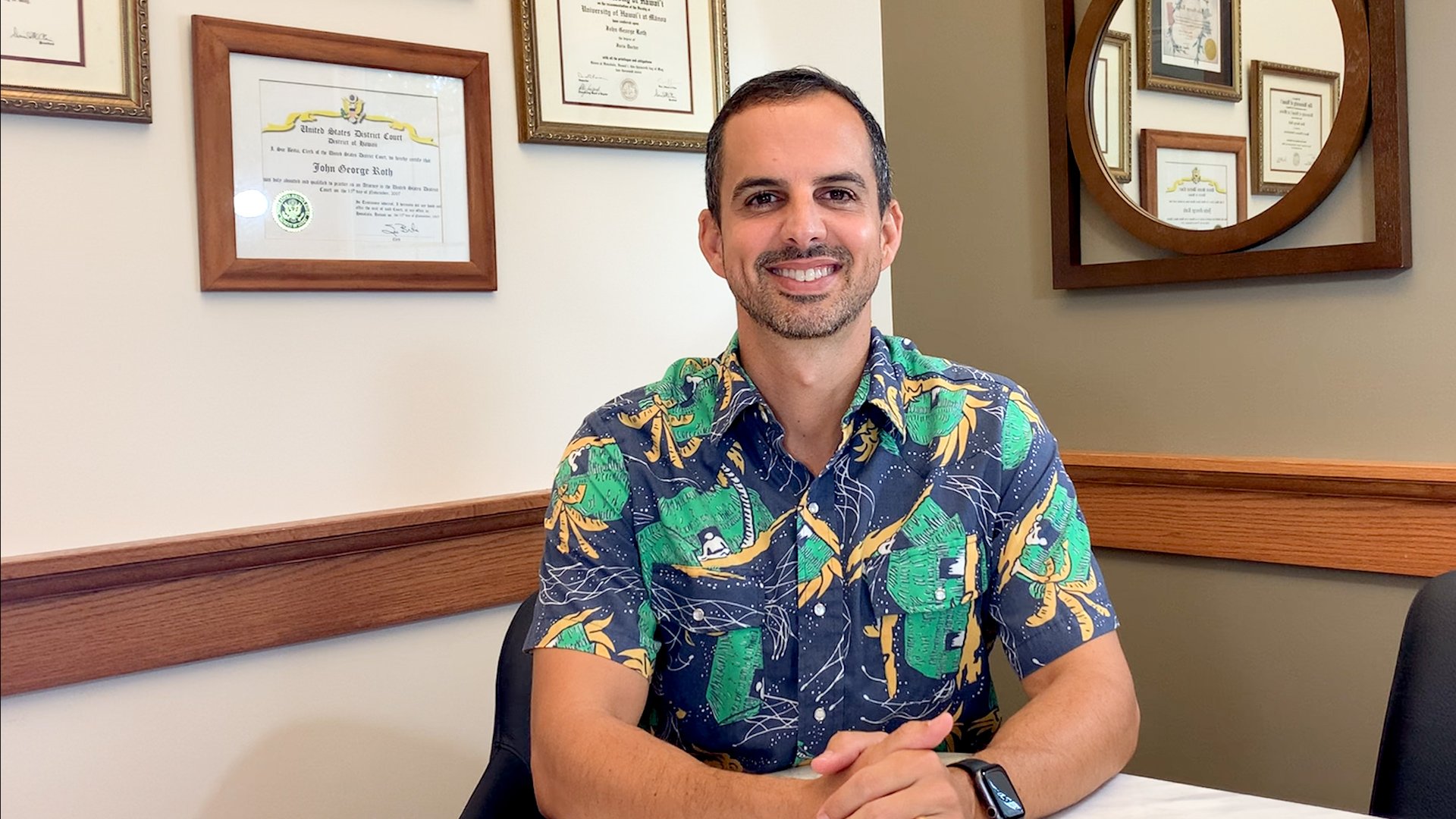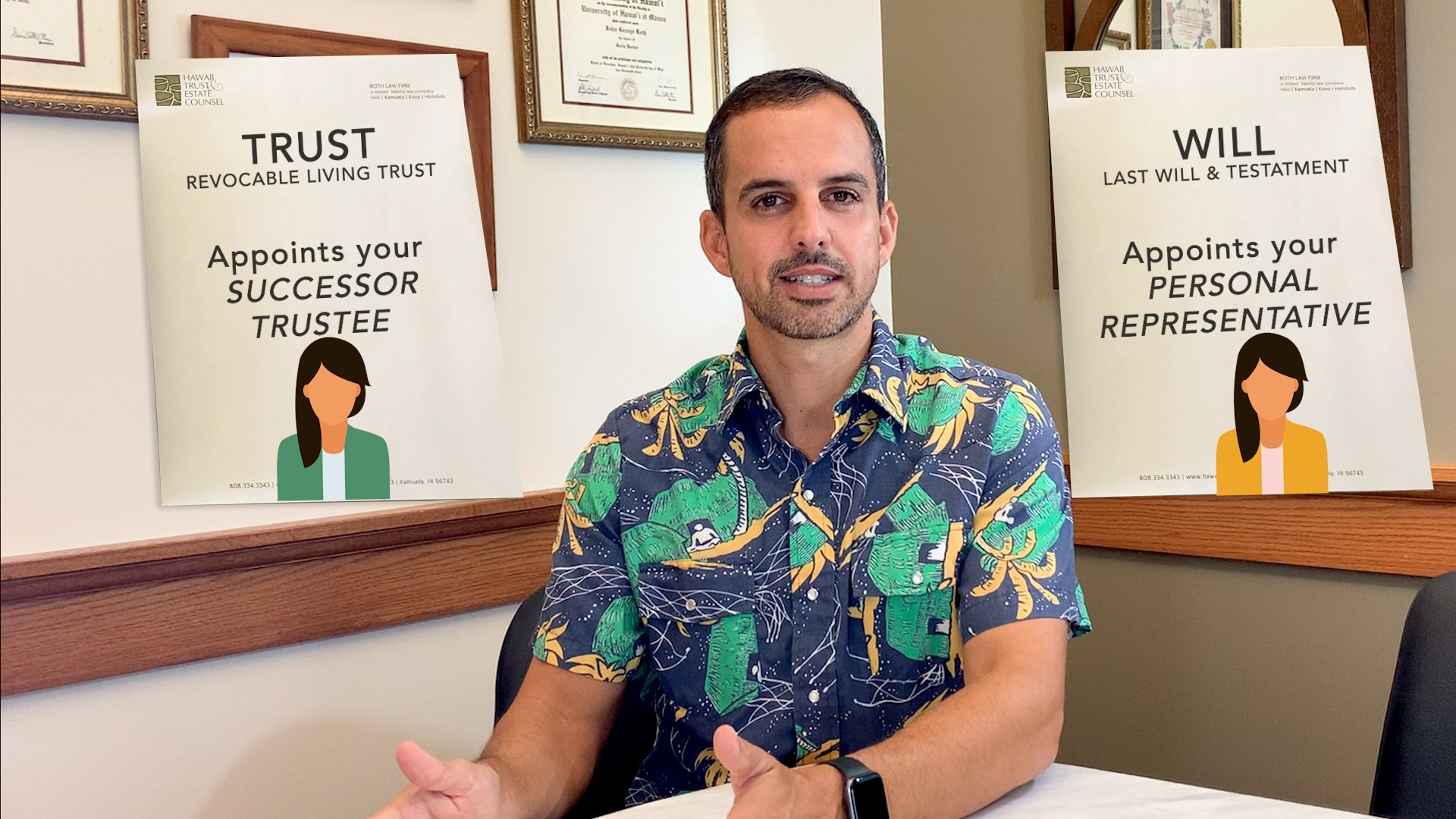PERSONAL REPRESENTATIVE VS. TRUSTEE
They both have important roles in your estate plan, but what’s the difference between a personal representative versus a trustee? Basically, after your lifetime, a trustee is responsible for assets held in trust and a personal representative (sometimes also called an executor) is responsible for assets held in your individual name.
You appoint these important agents of your estate plan with will or trust documents. But it’s a bit more complicated than that. You are usually the trustee of your trust while you are still living, with capacity. Then, after you pass away, the same person could be appointed as both the personal representative and trustee.
THE ESTATE PLANNING
The one thing we all have in common on earth is our finitude. Whatever your thoughts on afterlife, we’re pretty sure that you can’t take your belongings with you. After you pass away, the process of taking inventory of what you own and who gets what can be difficult for loved ones, especially if clear instructions were not left. Estate planning is the process of putting together a proactive plan to make sure your wishes are carried out in the event that you can’t speak for yourself. It’s important to remember that estate planning is not just about planning for after life, but also the event of physical or mental inability to manage your affairs during life (incapacity).
The basic estate planning documents generally consist of the following: a will, disposition of remains, durable power of attorney, advance health care directive, revocable living trust (if needed) and HIPAA Release Form. Just to clarify, we are assuming you have both a will and a trust here. The estate planning documents above are used to name agents who will act on your behalf in different capacities. For example, your healthcare agent is able to make critical healthcare decisions for you if you were unconscious. A trustee and personal representative are also agents with specific jobs and powers in managing your estate.
TRUST DOCUMENT
When we say “trust” we mean a revocable living trust, that can be amended multiple times during your lifetime. Having a “trust” is best thought of like owning a business entity. Similar to an LLC, you can “hold assets in trust” like bank accounts and real property. A trust is set up by creating and signing a trust document. The trust document names your successor trustee, or the person who will serve as trustee in the event of your illness or death. Most likely, you will be the trustee of your own trust while you are still living and able to make your own decisions with capacity. While you’re the trustee, how you interact with your trust assets will not be very different than if you held the assets in your individual name. An asset in trust will just be titled “Jane Wong, Trustee” versus if it was in in the individual name “Jane Wong”.
LAST WILL & TESTAMENT
Your last will and testament, or just “will” for short, names your personal representative, also called the executor. In a will, beneficiaries, or who gets your assets after you’re gone, are also named. A guardian for young children can be named in a will as well. The guardian and the personal representative may be different people. The person you trust with managing finances and getting the correct documents filed, may be different than who you trust caring for your children.
Likewise, you can appoint the same person as successor trustee and personal representative. These two roles are different in authority and appointment, but their responsibilities are very similar. This person should have good judgement, be able to get the appropriate paperwork done, make sure the expenses are taken care of, and the beneficiaries get what they are entitled to.
DIFFERENCES BETWEEN A TRUSTEE VS. PERSONAL REPRESENTATIVE
SUCCESSOR TRUSTEE
Appointed by your trust
Used in the event of incapacity (if you can’t make your own decisions during life) or at the time of your death
Responsible for managing assets in the incapacitated or deceased person’s trust
Process of appointment: trustee signs an acceptance document (private)
PERSONAL REPRESENTATIVE
Appointed by your will
Used only after your death (no authority during your lifetime)
Responsible for managing assets in the deceased person’s individual name
Process of appointment: personal representative signs a simple affidavit (private) or State approval process through probate (public)
DO I NEED BOTH A WILL & TRUST?
You may be wondering if it’s possible just to have a trust or just a will, and not the other? It is possible to use either a will or a trust to direct property into the right hands following your death. While wills accomplish little more than that limited goal, trusts can also be used to avoid the probate process and perhaps accomplish other goals such as protecting property in the event of a lawsuit, minimizing taxes, and reducing the chances of lawsuits. Not everyone needs a trust. In some cases a simple will is all a person needs to make sure their wishes are carried out. So, it is possible just to have a will and not a trust. The inverse is generally not advised. A comprehensive estate plan with a revocable living trust should also have a will.
That leads to the question of: what should be held in trust versus in your individual name? This depends on what kind of asset your own, what your goals are, what the laws are in the state in which you live, and other factors. In addition to determining what estate planning documents you need, an estate planning attorney can also help advise on what assets should be held in trust or not.
We hope you found this information on wills and trusts in Hawaii helpful. If you have any questions please comment below or contact us.
BIOS
JOHN ROTH
John is the founder of Hawaii Trust & Estate Counsel, a statewide Hawaii estate planning law firm with offices in Waimea, Hilo, Kona, Maui, and Honolulu. He has taught Estate Planning at the Richardson School of Law, and business law courses at the University of Hawaii—Hilo. He started “Just Ask John” as a monthly newspaper column answering commonly asked estate planning questions, in the North Hawaii News, then in The West Hawaii Today. Now it’s an online blog and video series. ....MORE
MAKE AN INFORMED DECISION
Estate Planning is necessary because, as the old expression goes, "You can't take it with you" and you never know what's going to happen in life.
The estate planning documents of a will, advance health-care directive, power of attorney, and sometimes a trust help someone step into your shoes to make decisions on your behalf, during your lifetime. Then after your lifetime, you may need a will or will substitute, such as a revocable living trust, if they want to control who inherits their property and how and when that inheritance is received, to minimize administration costs, and to avoid unnecessary taxes. A well-planned estate is a gift to your loved ones and provides you peace of mind. It is part of your legacy.
Everyone has a different story and should have a unique estate plan. In most cases, the first meeting with one of our attorneys is complementary and serves the purpose of understanding your goals and educating you on your options. Depending on the option that is right for you, we will give you a price quote at the first meeting, before moving forward with your plan. Feel free to explore the basic information on our website.
This blog does not contain legal advice. You should not rely on this to determine what is in your own best interest. For legal advice, specific to your situation, you must meet with an attorney. All posts are based on hypothetical scenarios, not the actual circumstances of real clients.







What assets should you put in your trust? Avoiding probate, planning in case of incapacity, and making things as easier for loved ones after your death are all things to consider.